Search
Did you mean: Nile?
Search Results
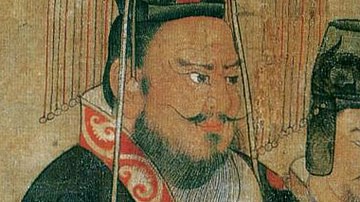
Definition
Chinese Emperor
The emperors of ancient China had tremendous power and responsibility. Called the 'Son of Heaven', he (and once she) was given a divine right to rule over all people but was expected to promote their best interest and not his own. An absolute...
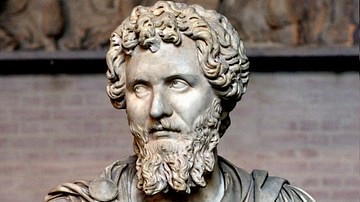
Definition
Septimius Severus
Lucius Septimius Severus was Roman emperor from April 193 to February 211 CE. He was of Libyan descent from Lepcis Magna and came from a locally prominent Punic family who had a history of rising to senatorial as well as consular status...

Definition
Tribune
Tribune was a title of various offices in ancient Rome, the two most important of which were the tribuni plebis and tribuni militum. The military tribunes were responsible for many administrative and logistics duties, and could lead a section...

Article
Royal Women in the Mughal Empire
It was not only the Mughal emperors that left an indelible mark in the history of the Indian subcontinent but also the queens and princesses. The latter's contributions to art, architecture, literature, cuisine, refinement, and administrative...
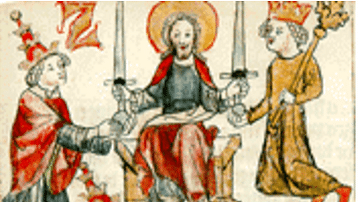
Article
The Ideology of the Holy Roman Empire
"The Holy Roman Empire was in no way holy, nor Roman, nor an empire," wrote Voltaire, and this interpretation still dominates the popular imagination, so the Holy Roman Empire is treated as a bad joke, a pale parody of the glory of Rome...
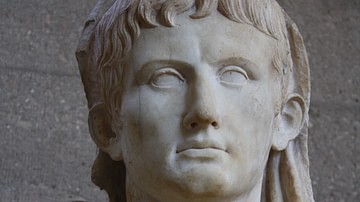
Definition
Augustus
Augustus Caesar (27 BCE - 14 CE) was the name of the first and, by most accounts, greatest Roman emperor. Augustus was born Gaius Octavius Thurinus on 23 September 63 BCE. Octavian was adopted by his great-uncle Julius Caesar in 44 BCE, and...
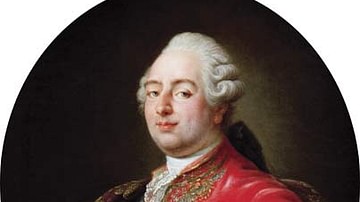
Definition
Louis XVI of France
Louis XVI (l. 1754-1793) was the last king of France (r. 1774-1792) before the monarchy was abolished during the French Revolution (1789-99). An indecisive king, his attempts to navigate France through the crises of the 1780s failed, leading...
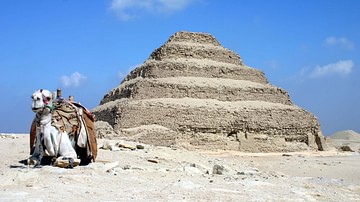
Definition
Early Dynastic Period In Egypt
The Early Dynastic Period in Egypt (c. 3150 - c. 2613 BCE) is the beginning of the historical era of the country during which the regions of Upper Egypt (south) and Lower Egypt (north) were united as one country under a centralized government...
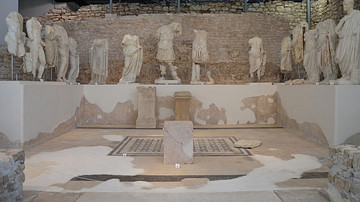
Definition
Roman Imperial Cult
The Roman imperial cult was the practice of venerating Roman emperors and their families as having divine attributes, honoring their contributions to the spread of Roman religion and culture. It was instituted by the first Roman emperor Augustus...
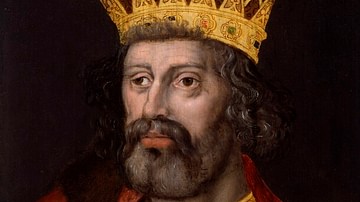
Definition
Edward I of England
Edward I of England reigned as king from 1272 to 1307 CE. Edward succeeded his father Henry III of England (r. 1216-1272 CE) and was known as 'Longshanks' for his impressive height and as 'the Hammer of the Scots' for his repeated attacks...